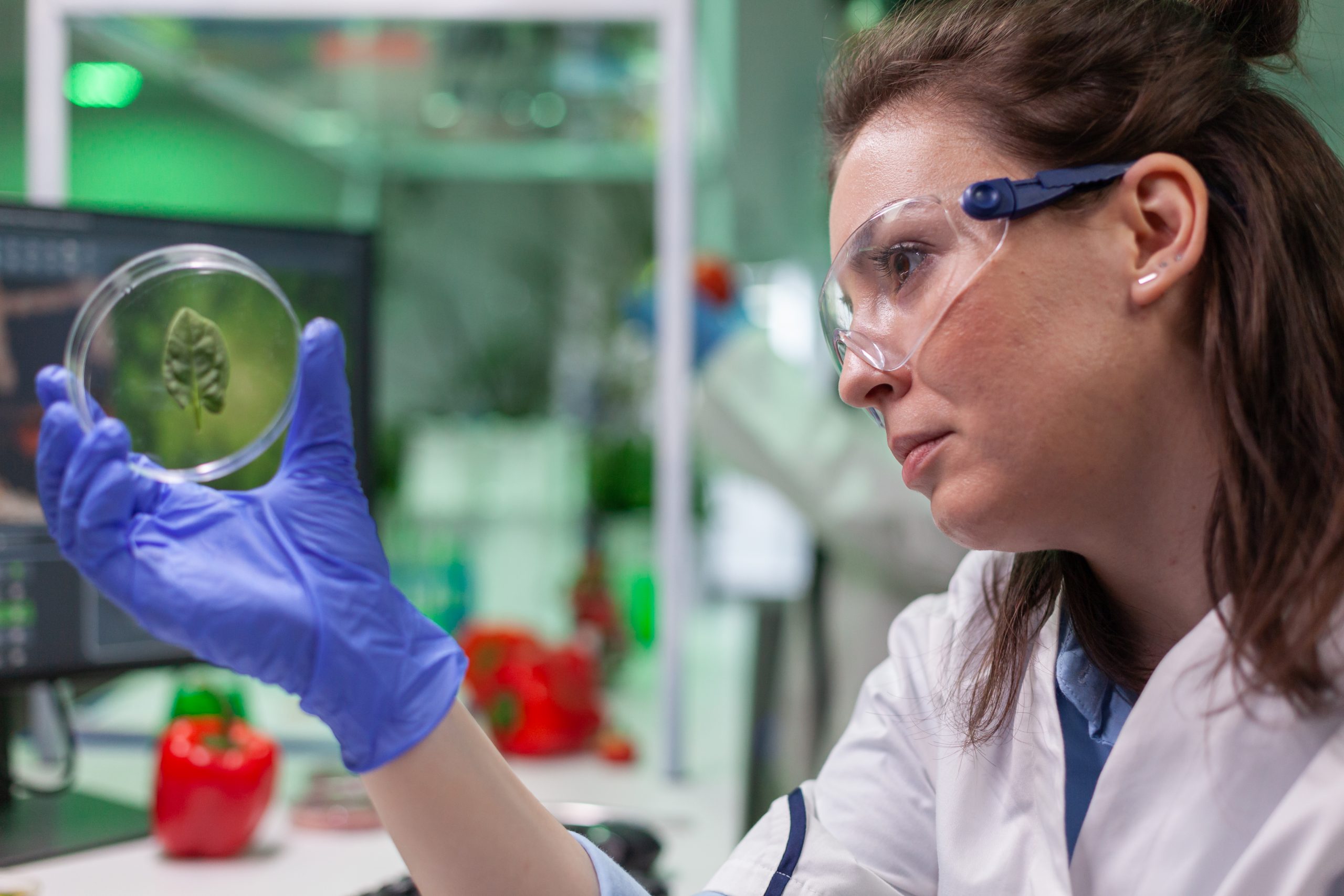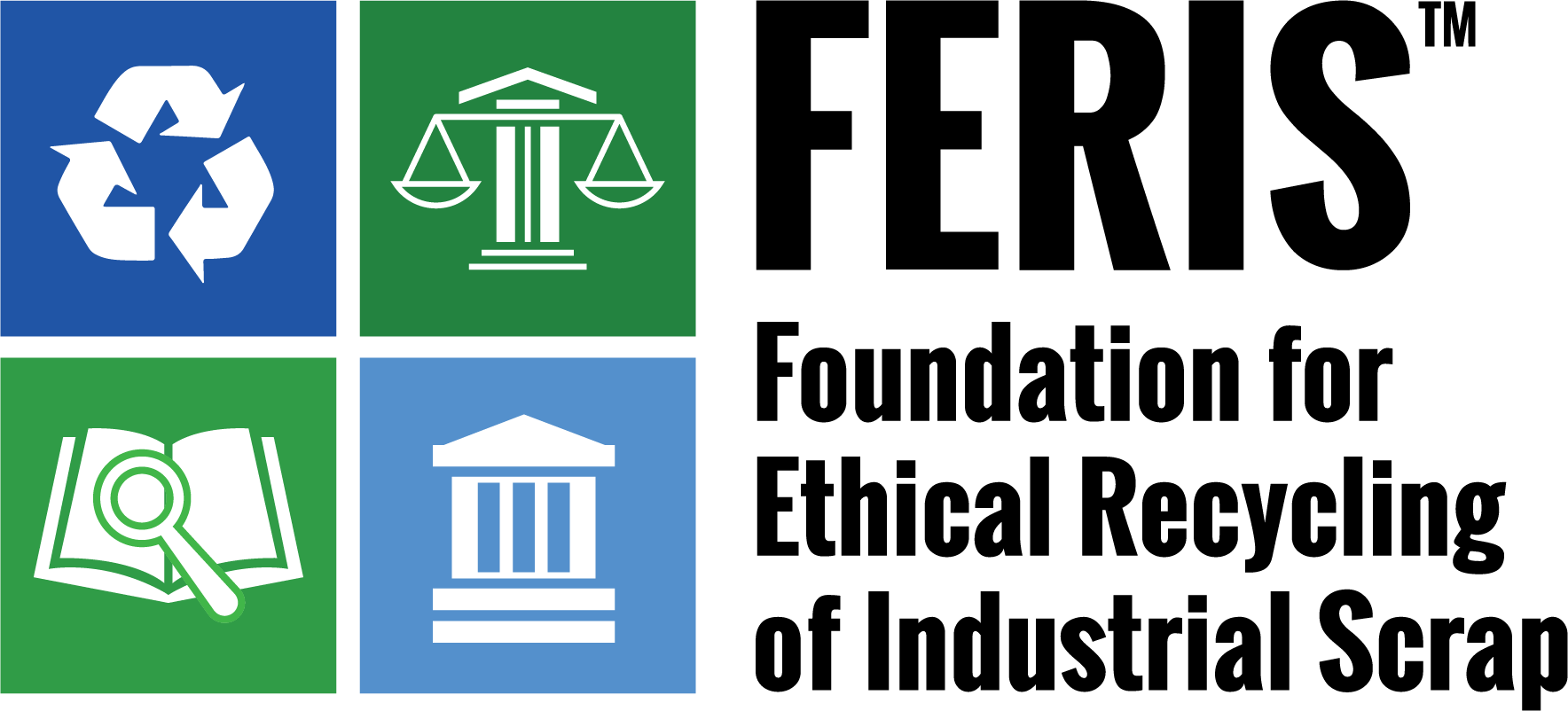TECHNOLOGY DEVELOPMENT & DESIGN
TECHNOLOGICAL DEVELOPMENT & DESIGN, leads to technological advancement, generating new information or the discovery of knowledge which advances the understanding and efficiency of technology and product designs.
As our global community continues to develop, the non-stop production of goods remains certain. Humanity’s insatiable demand for up to date consumer goods is by no means new, but when once-cherished items reach the end of their life cycle and get discarded, we don’t always think about what becomes of them or if they pose a future risk to our health, safety, or environment. We assume they can or will be processed properly–hopefully repurposed or recycled–but that’s not always the case. With landfills across the globe piling up with trash and some recycling efforts failing to process the influx of recyclable material created annually, the message to suppliers and organizations in the recycling industry is clear: something has to improve.
COMMUNITY BASED COLLABORATION focuses on the process by which agencies, organizations, businesses make formal, sustained commitments to work together to accomplish a shared vision.
The US Office of Justice website explains that ‘community-based collaboration’ requires a commitment to share decision making and the allocation of human, physical, and financial resources. When industrial communities do not develop a pattern of collaboration, they diminish community development potential. Without collaboration – lack of direction, win-lose behaviors, lack of commitment, and poor planning will be the result. Effective collaboration results in win-win-win situations, from global industrial communities down to individual neighborhoods.
At FERIS we endorse community based collaborations to create healthy, safe, and environmentally sustainable working environments which benefit communities globally. When these collaborations and SME partnerships are accomplioshed most efficiently, Technolgoical Advancement occurs.

